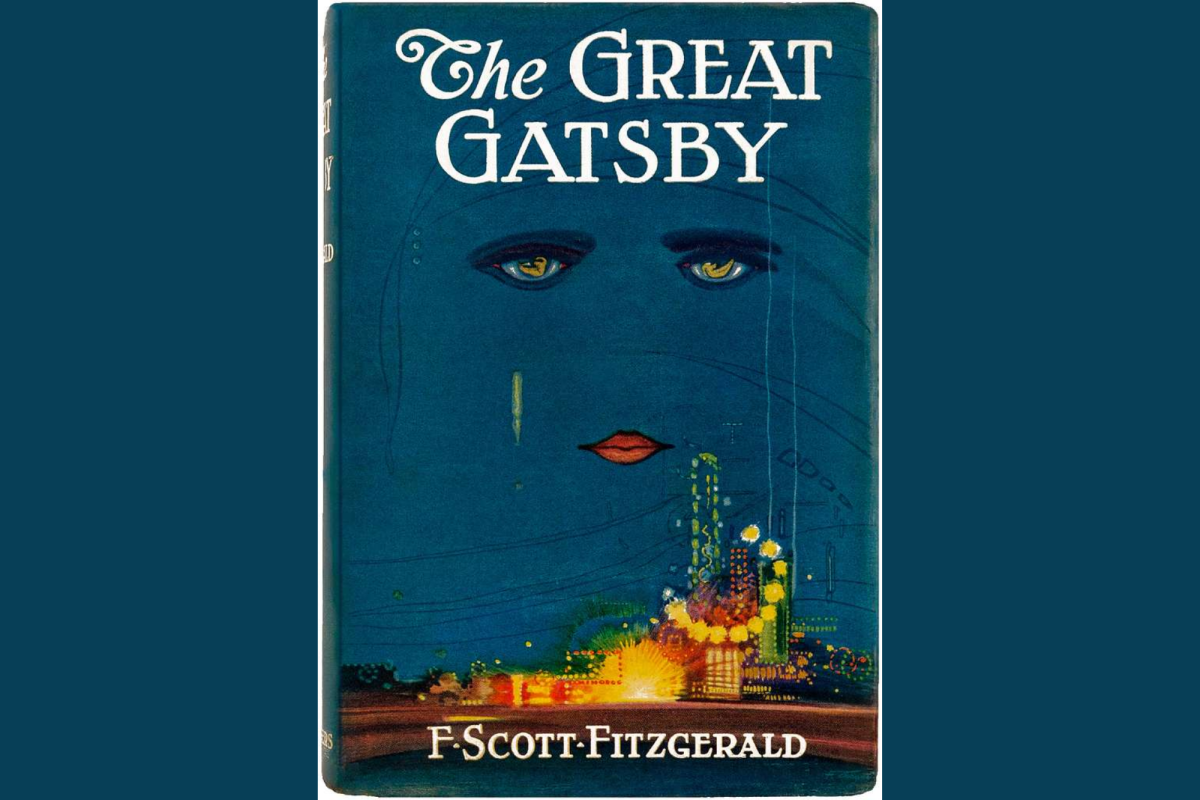If you’re anything like me, you stay away from literature’s classics. They’re pretty daunting. The presence of outdated terms, not to mention the perpetual question of “if you don’t like a classic book, does that make you dumber than those who do?” makes opening a classic novel drop to the last choice on your “must read” list.
Despite my many reservations, I picked The Great Gatsby by F. Scott Fitzgerald off my shelf and flipped to page one. My conclusion? If you only read one classic in your life, let it be this one.
The Great Gatsby is referred to as classic literature and often as “The Great American Novel”. A quick, fast-paced read at around 180 pages, you’ll enjoy every second of this glamorous drama set in Long Island during the post-WWI Jazz Age.
Nick Carraway, our protagonist, lives next door to the enigmatic, yet lonely, Jay Gatsby. Gatsby is still pining over his lost love, Daisy Buchanan (who just happens to be Nick’s cousin).
In the context of rising consumerism and the postwar economic boom, The Great Gatsby seems like a different world, with the glitz and glamour of the 1920s taking center stage. Still, it expresses universal themes of fleeting youth and provides commentary on the nature of love.
While the plot was certainly engaging and interesting, that wasn’t what really drew me in; what caught my eye was the writing. Fitzgerald’s gorgeous prose deserves to be slowly savored, but it also tempts you to devour it in one bite. Chock full of metaphors and descriptions that you didn’t know you needed, The Great Gatsby is less of a story and more of a piece of art.
Poetic language is central in The Great Gatsby. For example, look at how Fitzgerald describes the enigmatic Gatsby: “He smiled understandingly–much more than understandingly. It was one of those rare smiles with a quality of eternal reassurance in it, that you may come across four or five times in life. It faced – or seemed to face – the whole eternal world for an instant, and then concentrated on you with an irresistible prejudice in your favor.”
Fitzgerald’s writing style has inspired me to read more classics in the future. With its themes of love and loss, and its depiction of an easy entrance into a glamorous age that no longer exists, this book is a quick yet quintessential read.
With words so beautiful, it instantly became clear why The Great Gatsby is referred to as classic literature and often as “The Great American Novel”.
Perhaps reading the classics isn’t such a bad endeavor after all; you might just find a gem!


